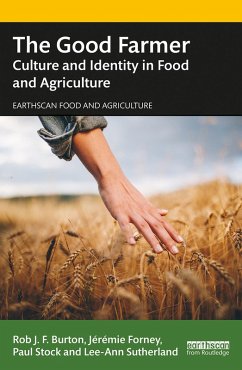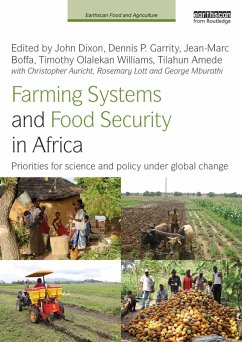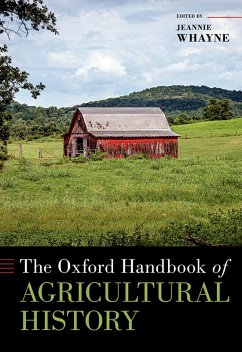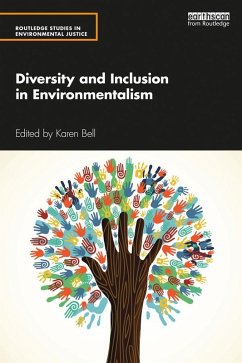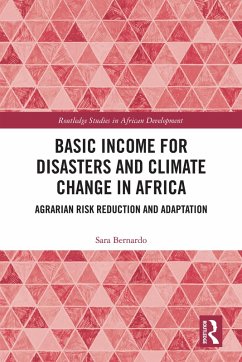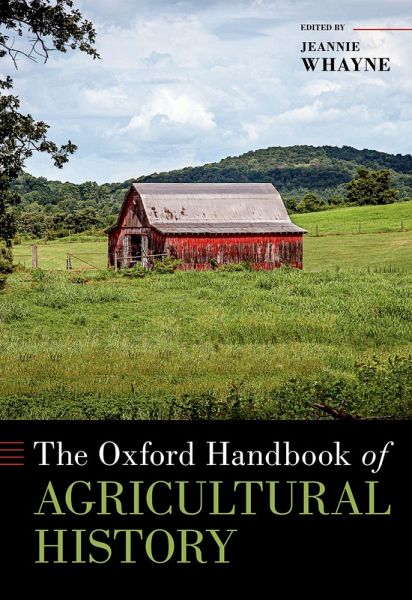
The Oxford Handbook of Agricultural History (eBook, ePUB)
Versandkostenfrei!
Sofort per Download lieferbar
79,95 €
inkl. MwSt.
Weitere Ausgaben:

PAYBACK Punkte
40 °P sammeln!
Agricultural history has enjoyed a rebirth in recent years, in part because the agricultural enterprise promotes economic and cultural connections in an era that has become ever more globally focused, but also because of agriculture's potential to lead to conflicts over precious resources. History is replete with stories of armies standing or falling as a result of their supply of agriculturally produced commodities. Civilizations have likewise succumbed because of famine or crop-related pestilence, highlighting the critical nature of agriculture to both regional and global society. The import...
Agricultural history has enjoyed a rebirth in recent years, in part because the agricultural enterprise promotes economic and cultural connections in an era that has become ever more globally focused, but also because of agriculture's potential to lead to conflicts over precious resources. History is replete with stories of armies standing or falling as a result of their supply of agriculturally produced commodities. Civilizations have likewise succumbed because of famine or crop-related pestilence, highlighting the critical nature of agriculture to both regional and global society. The importance and fragility of agricultural systems will come into much greater focus because of climate change in the twenty-first century, something farmers the world over have begun to reckon with. As its implications are manifested in droughts and floods that hamper crop production, urban people will become ever more conscious of their own reliance upon agriculture. The contemporary critical evaluation of agriculture reflects a transition from a framework that celebrated the positive aspects of the evolution of agriculture to one that also explores its negative implications, such as the emergence of intensive and extractive agriculture that has worked to the detriment of indigenous peoples and disrupted traditional political economies. The Oxford Handbook of Agricultural History reflects this rebirth and examines the wide-reaching implications of agricultural issues, bringing together the many historiographical traditions within geographic regions across the world that intersect either directly or indirectly in terms of agricultural history. Contributors to this volume include historians from around the world and specialists in European, American, African, Middle East, Russian, and Asian history. Essays touch on the green revolution, the development of the Atlantic slave plantation, the agricultural impact of the American Civil War, the rise of scientific and corporate agriculture, and modern exploitation of agricultural labor. The Oxford Handbook of Agricultural History is an essential volume for those interested in the myriad ways that agricultural systems affect our world.
Dieser Download kann aus rechtlichen Gründen nur mit Rechnungsadresse in A, B, BG, CY, CZ, D, DK, EW, E, FIN, F, GR, HR, H, IRL, I, LT, L, LR, M, NL, PL, P, R, S, SLO, SK ausgeliefert werden.







